In today’s fast-paced world, staying mentally sharp and focused is essential for academic success and overall wellbeing. While many people associate physical activity with improving physical health, research has shown that exercise also plays a significant role in enhancing mental focus, concentration, and cognitive function. The connection between physical activity and mental clarity is more powerful than we often realise.
The Science Behind Exercise and Brain Function
When you exercise, your heart rate increases, and blood flow to the brain is boosted. This increased circulation delivers more oxygen and nutrients to the brain, which can improve cognitive functions like memory, attention, and problem-solving. Physical activity also stimulates the production of endorphins and neurotransmitters such as serotonin and dopamine, which help improve mood and reduce stress. This combination of physical and chemical changes enhances focus and concentration, making it easier to stay engaged in tasks, whether you’re studying for exams, working on assignments, or simply trying to stay productive throughout the day.
Exercise as a Stress Reducer
Exercise is also a powerful stress reliever, and stress can often be a major barrier to mental clarity. High levels of stress can interfere with memory retention and decision-making abilities. Regular physical activity helps regulate the body's stress response by lowering levels of cortisol, the hormone associated with stress. As a result, you’ll be able to approach tasks with a clearer mind and a greater ability to focus.
Boosting Academic Performance
For students, staying active can directly impact academic performance. A study published in Psychology of Sport and Exercise found that students who participated in regular physical activity had better academic outcomes and were more able to concentrate during classes. Exercise can also help improve sleep quality, another crucial factor in maintaining mental focus and cognitive function.
Incorporating physical activity into your daily routine is not just good for your body - it is essential for your brain. Whether it’s a brisk walk, a workout at the gym, or a yoga session, exercise is a simple yet effective way to boost mental focus, reduce stress, and improve cognitive performance. Stay active and watch your concentration and academic performance improve.
